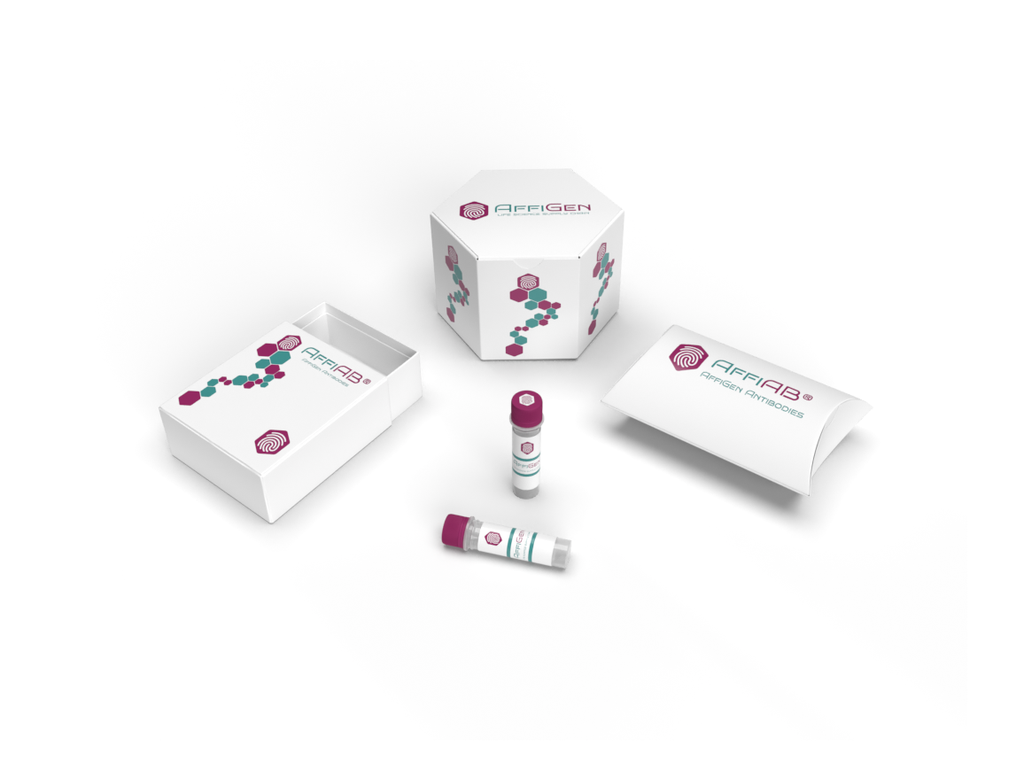AffiAB® Anti-PRDM1 Antibody
Transcription factor that mediates a transcriptional program in various innate and adaptive immune tissue-resident lymphocyte T cell types such as tissue-resident memory T (Trm) , natural killer (trNK) and natural killer T (NKT) cells and negatively regulates gene expression of proteins that promote the egress of tissue-resident T-cell populations from non-lymphoid organs. Plays a role in the development, retention and long-term establishment of adaptive and innate tissue-resident lymphocyte T cell types in non-lymphoid organs, such as the skin and gut, but also in other nonbarrier tissues like liver and kidney, and therefore may provide immediate immunological protection against reactivating infections or viral reinfection (By similarity) . Binds specifically to the PRDI element in the promoter of the beta-interferon gene . Drives the maturation of B-lymphocytes into Ig secreting cells . Associates with the transcriptional repressor ZNF683 to chromatin at gene promoter regions (By similarity) .
Antibody type
Rabbit polyclonal Antibody
Uniprot ID
SwissProt: O75626 Human; SwissProt: Q60636 Mouse
Recombinant
NO
Conjugation
Non-conjugated
Host
Rabbit
Isotype
IgG
Clone
N/A
KO/KD
N/A
Species reactivity
Human, Mouse, Rat
Tested applications
IHC-P, FC
Predicted species reactivity
N/A
Immunogen
Synthetic peptide within Human aa 770-825 / 825.
Storage
Store at +4°C after thawing. Aliquot store at -20°C. Avoid repeated freeze / thaw cycles.
Form
Liquid
Storage buffer
1*TBS (pH7.4) , 0.2% BSA, 50% Glycerol. Preservative: 0.05% Sodium Azide.
Concentration
1 mg/ml.
Purity
Immunogen affinity purified.
Signal pathway
Immunology & Inflammation
Recommended dilutions
IHC-P: 1:100-1:500; FC: 1:50-1:100
Molecular Weight
92 kDa
Subcellular location
Cytoplasm, Nucleus.
Positive control
Rat cervix tissue, human skin tissue, human esophagus tissue, mouse esophagus tissue, PANC-1.
